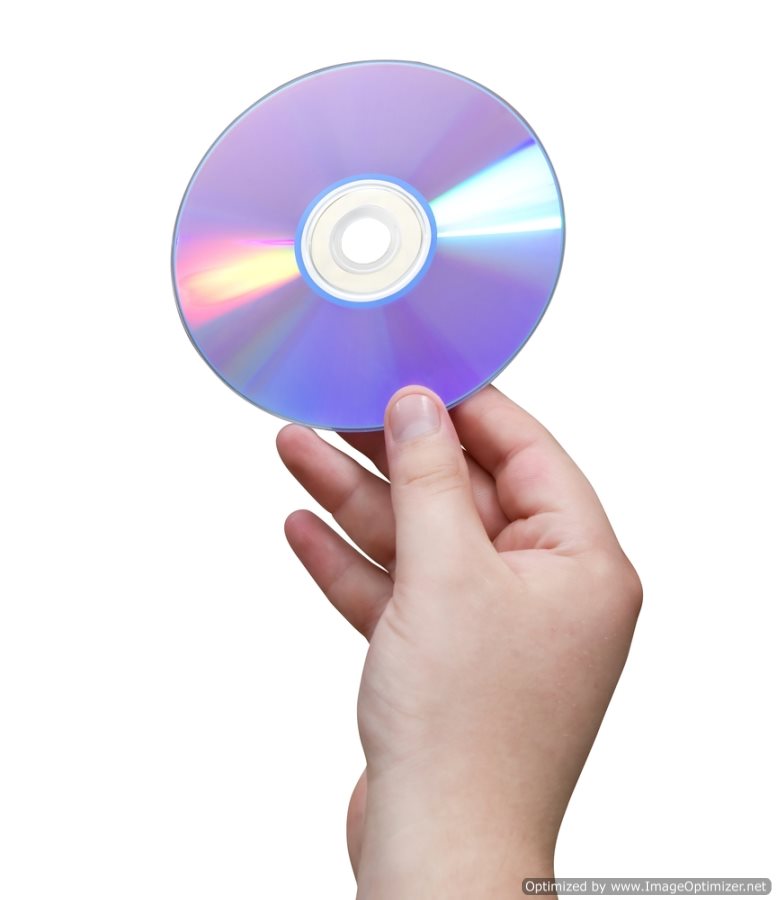Copyright Free Music
Copyright Defined
A copyright is a set of exclusive rights, which are formally granted to the author or creator of an original work. The rights granted by the copyright include protections regarding any attempts at copying, distributing or adapting the original work.

In the majority of jurisdictions in the United States copyright issues arise upon fixation and do not need to be formally registered to be upheld.
Those in possession of a copyright have the exclusive statutory right to exercise control over copying and other exploitation of the works for a limited time, after which the work is said to enter the public domain. Uses covered under limitation and exceptions to copyright, such as the fair use of the works, does not require explicit permission from the copyright owner. All other uses; however, will require permission. Copyright owners may license or permanently transfer their exclusive rights to others.
How do I Copyright Music?
When you have composed or created music it is important that you copyright it to protect against duplication or distribution. Copyrighting music that you have created will ensure that no one will be able to claim and subsequently profit from your works, but you.
The copyright on music will provide protection against duplication, alteration or distribution for a specified period of time, whether or not you decide to publish the music.
The first step to copyrighting music is to affirm your creation; record your music, whether by writing it down as sheet music or by making a recording it. Either form is technically sufficient to secure a copyright of music. Once you have tangibly recorded or created your work, it is recommended that you register your piece with the United States Copyright Office—this step is not necessary but contains numerous advantages.
To register your music with the United States Copyright Office simply put together your created work in an envelope, along with the necessary application (can be found on the Copyright Office’s website or at your local town hall) and filing fee.
If your music is not written in sheet form, you may submit an audio recording to the Library of Congress Copyright office.
Once submitted, your music is protected by the United States Customs Department; the copyrighted music is secure from being imported illegally or used for someone else’s gain. All protections are backed by United States Intellectual Property Rights Law; if violated, the individual who tampers with or uses your copyrighted music will face criminal charges.